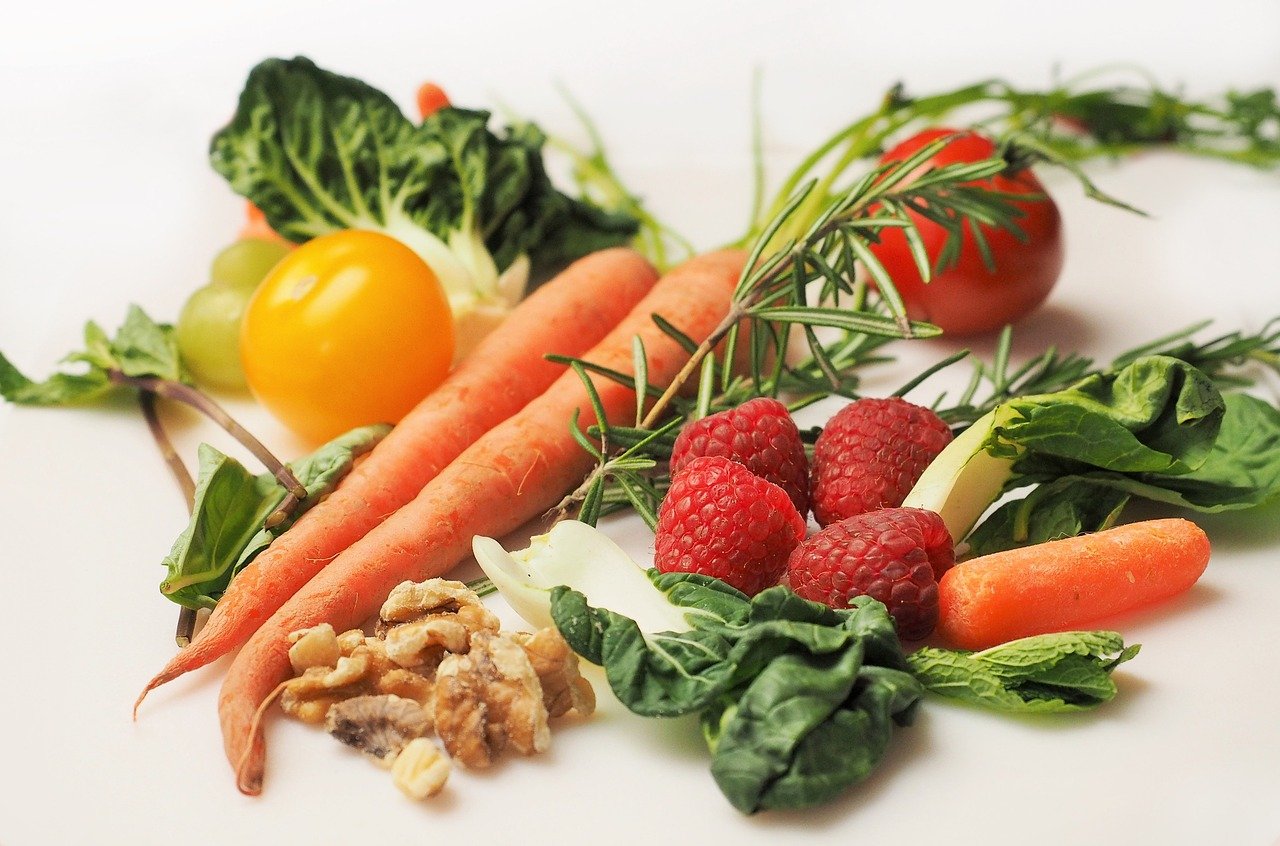
Antioxidants are substances that protect the body from the harmful effects of free radicals, which are unstable molecules that can damage cells and contribute to the development of various diseases.
Antioxidants are found in many foods, and can also be obtained from dietary supplements.
In this essay, we will explore what antioxidants are, how they work, the types of antioxidants, the benefits of antioxidants, and the potential risks associated with consuming too many antioxidants.
What are Antioxidants?
Antioxidants are molecules that help protect cells from the harmful effects of free radicals.
Free radicals are unstable molecules that can damage cells, leading to oxidative stress and inflammation, which can contribute to the development of many diseases, including cancer, heart disease, and diabetes.
Antioxidants work by neutralizing free radicals and preventing them from causing damage to cells.
They do this by donating an electron to the free radical, which stabilizes the molecule and stops it from causing harm.
Types of Antioxidants:
There are many different types of antioxidants, and they can be categorized into two main groups: endogenous and exogenous.
Endogenous antioxidants are produced by the body, and include enzymes such as superoxide dismutase, catalase, and glutathione peroxidase.
These enzymes work together to neutralize free radicals and protect cells from oxidative damage.
Exogenous antioxidants are obtained from the diet, and include vitamins such as vitamin C, vitamin E, and beta-carotene, as well as minerals such as selenium and zinc.
These antioxidants are found in many foods, including fruits, vegetables, nuts, seeds, and whole grains.
Benefits of Antioxidants:
Antioxidants have many potential health benefits, including:
- Reducing the risk of chronic diseases: Antioxidants have been shown to reduce the risk of chronic diseases, including cancer, heart disease, and diabetes, by neutralizing free radicals and reducing oxidative stress and inflammation.
- Protecting the skin: Antioxidants can help protect the skin from the harmful effects of UV radiation and environmental toxins, which can contribute to premature aging and skin damage.
- Boosting the immune system: Antioxidants can help boost the immune system by reducing oxidative stress and inflammation, which can weaken the immune system and make it more vulnerable to infection.
- Improving cognitive function: Antioxidants have been shown to improve cognitive function and reduce the risk of age-related cognitive decline by protecting the brain from oxidative stress and inflammation.
- Enhancing exercise performance: Antioxidants can enhance exercise performance by reducing oxidative stress and inflammation, which can improve recovery time and reduce muscle damage.
Potential Risks of Antioxidants:
While antioxidants have many potential health benefits, consuming too many antioxidants can also have potential risks.
Some studies have suggested that consuming high doses of antioxidants, particularly through dietary supplements, may increase the risk of certain diseases, including cancer.
One reason for this is that antioxidants can have pro-oxidant effects at high doses, meaning that they can actually promote the production of free radicals and cause oxidative damage.
Another potential risk of consuming too many antioxidants is that they can interfere with the body’s natural antioxidant defense system.
When the body is exposed to free radicals, it produces its own antioxidants to neutralize them.
However, consuming high doses of exogenous antioxidants can reduce the body’s production of endogenous antioxidants, which can actually increase the risk of oxidative damage.
Conclusion:
Antioxidants are important molecules that play a key role in protecting the body from the harmful effects of free radicals.
They can be obtained from a variety of foods, and consuming a diet rich in fruits, vegetables, nuts, seeds, and whole grains can help ensure adequate intake of antioxidants.
While antioxidants have many potential health benefits, consuming too many antioxidants can also have potential risks.
It is important to consume antioxidants in moderation and to obtain them from whole foods rather than relying on supplements.
Antioxidants are an important part of a healthy diet and can help reduce the risk of chronic diseases, protect the skin, boost the immune system, improve cognitive function, and enhance exercise performance.
However, it is important to be aware of the potential risks of consuming too many antioxidants and to obtain them from a variety of whole foods to ensure a balance of both endogenous and exogenous antioxidants.
| 20 Antioxidants for |
Anti-Aging
|
Source: USDA |
| Rank | Food item | Serving size |
| 1 | Small Red Bean (dried) | 1/2 cup |
| 2 | Wild blueberry | 1 cup |
| 3 | Red kidney bean (dried) | 1/2 cup |
| 4 | Pinto bean | 1/2 cup |
| 5 | Blueberry (cultivated) | 1 cup |
| 6 | Cranberry | 1 cup |
| 7 | Artichoke (cooked) | 1 cup |
| 8 | Blackberries | 1 cup |
| 9 | Prunes | 1/2 cup |
| 10 | Raspberries | 1 cup |
| 11 | Strawberries | 1 cup |
| 12 | Red Delicious apple | 1 whole |
| 13 | Granny Smith apple | 1 whole |
| 14 | Pecans | 1 ounce |
| 15 | Sweet cherries | 1 cup |
| 16 | Black plums | 1 whole |
| 17 | Russet potato (cooked) | 1 whole |
| 18 | Black beans (dried) | 1/2 cup |
| 19 | Plums | 1 whole |
| 20 | Gala apple | 1 whole |

